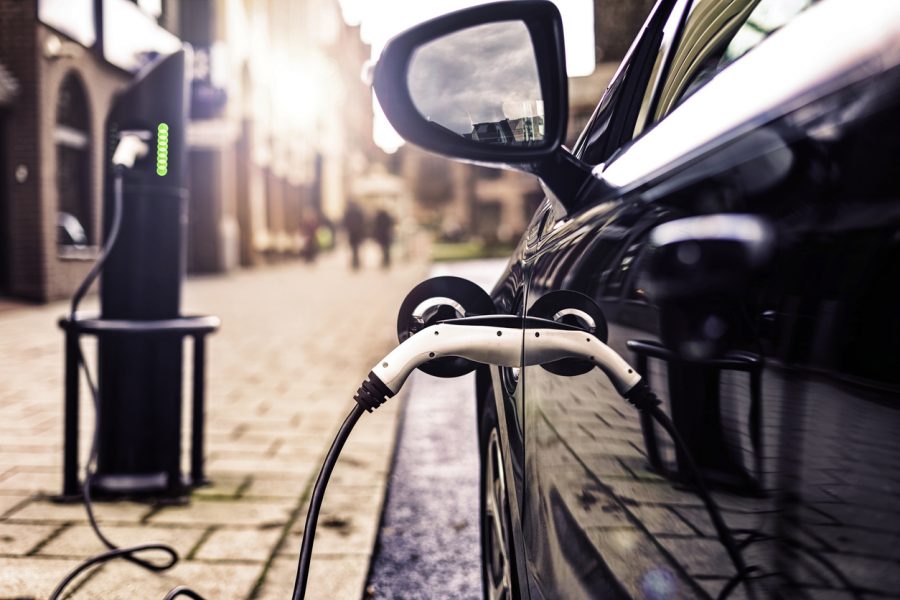
How long does it take to charge an EV, and how much does it cost?

Buying an electric vehicle (EV) in India is expensive compared to conventional vehicles and added to it is the lack of charging stations and concerns over incidents of EVs catching fire.
Though the initial purchase cost is high at the moment, the maintenance and cost per kilometre are much cheaper for an EV owner compared to petrol/diesel vehicles. And, the electricity consumption by an EV is lower and here we explain how much power is consumed by an EV.
First and foremost, the energy consumption in an EV depends on the vehicle, driving habits and also weather conditions.
Also read: 5 crore electric vehicles on Indian roads by 2030: KPMG report
“The energy consumption of an EV depends on the vehicle, driving habits and the weather (just like with any other vehicle)… Changing seasons also have a high impact on consumption, as electricity consumption rises a lot in a cold climate. Heating and cooling decrease the charge of a battery,” explains Virta, Europe’s EV charging platform.
According to Virta, in favourable weather conditions, the consumption can be even 0.15 kWh (kilowatt hours) or less per kilometre, but the year-round average in most countries is closer to 0.2 kWh/km.
Also read: Tata Motors begins probe after EV car catches fire in Mumbai
“The energy consumed for charging an electric vehicle is roughly equivalent to the energy consumed by a small home per day. An electric vehicle in a neighbourhood is equivalent to adding another house to the distribution network,” says Ravindra Balija, General Manager, Digital Technologies & Architecture, Wipro Ltd, on the company website.
What does a ‘fill up’ take?
It all depends on where you charge your electric car. You can charge it particularly cheaply at home, because there you pay the current electricity price – per kWh. Charging at public fast-charging stations is more expensive. This is still significantly cheaper than filling up your petrol car with fuel, says German automobile manufacturer Opel.
Also read: Volkswagen group testing electric vehicles under Skoda brand for India market
How many kilowatts an electric car draws when charging depends on the power source and the matching charging cable: if you charge it in a single-phase socket, it draws 3.7 or 4.6 kW, at a three-phase, 11 or even 22 kW. At fast charging stations, your electric car draws 50 or even over 100 kW direct current — which means that your battery is charged up to 80% in around 30 minutes.
The time required for EV charging depends on the type of charger adopted. Currently available EVs across vehicle segments (2-wheeler, 3-wheeler, 4-wheeler) can be charged from 0%-80% in around 1-5 hours from slow/moderate chargers. With fast chargers, EVs can be charged in less than 1 hour. Fast chargers are mainly used to charge electric 4-wheelers. The rate of charging is also dependent upon cell chemistry, according to the Union Power Ministry’s Bureau of Energy Efficiency (BEE).
An electric car having around 30 kWh battery pack takes less than 1 hour to be charged up to 80% of its battery capacity using fast charger (50 kW), while to attain a similar percentage of charging, a slow/moderate charger (15 A plug) takes around 8 hours.
Also read: Over 13 lakh electric vehicles in use in India; UP has highest: Centre
Are EVs less polluting?
Conventional petrol/diesel vehicles and compressed natural gas (CNG) vehicles contribute to particulate emissions, which is a major reason for vehicular-based emission. Battery-operated vehicles have zero tailpipe and noise emissions, says BEE.
So yes, if you’re conscious of keeping the planet green, EV is certainly the route to take.
How much does it cost to charge an EV?
The cost for a single charge (home charge) varies from state to state and the battery capacity of the vehicle. This can be estimated by the formula = Battery capacity (in kWh) X EV charging tariff (in INR/ kWh) (refer state EV tariffs), BEE says.
How can you reduce energy consumption?
There are various factors that determine energy consumption in an EV. To minimise energy consumption, first, you need to drive slower, avoid using air conditioners and always make sure that your tyres are inflated as per the company’s recommended tyre pressure.
Also read: Fires just a flicker? Sales, hirings indicate EV sector is fully charged for growth
Electricity demand
According to a Bloomberg report, by the end of this year, there will be about 27 million plug-in passenger vehicles on the road globally. Based on average driving distances, vehicle efficiencies in different countries, segment sales, the split between full electrics and plug-in hybrids and a few of other factors, BloombergNEF (BNEF), a strategic research provider, estimates that global electricity demand from these EVs will be around 60 terawatt-hours this year.
Also read: Prices of EVs to match those of petrol vehicles in 2 years, says Gadkari

